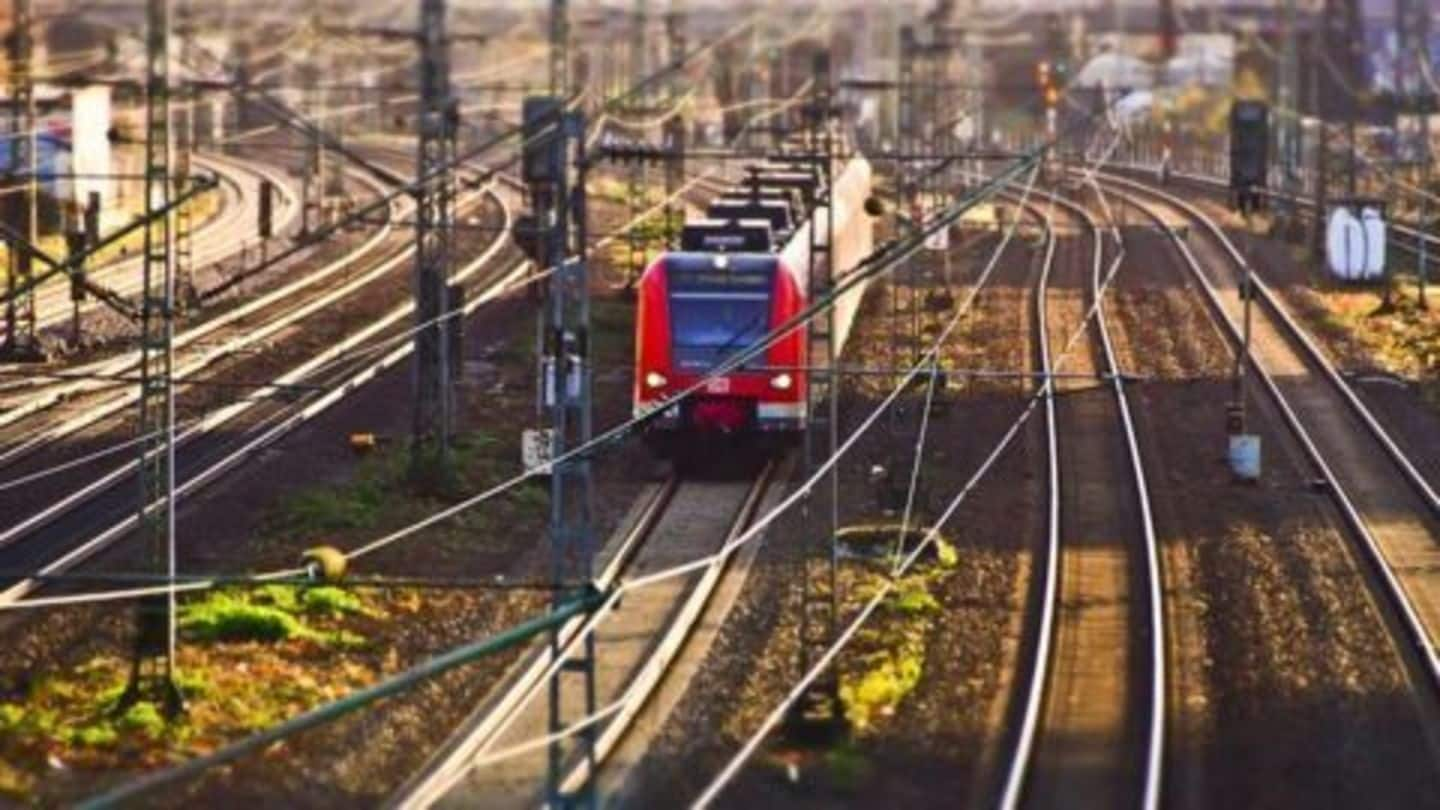
Brazil's infrastructural facilities increased, multiple business partnerships inked
What's the story
With Brazil's biggest gain in hosting the Olympics pitched to be business and infrastructural improvements, authorities have reported that infrastructure has witnessed a boom from 20% of the population using mass transport to over 60% now making full use of public transport.
This has translated into better transport and connectivity within the country.
Another boost to Brazil was obtaining multiple public-private sector partnerships.
About
Brazil
Brazil, pitched to be one of the fastest growing economies in the world, has witnessed massive growth and development over the last few years.
Affected heavily by the global recession that hit most countries in the late 2000s, Brazil was amongst the first to recover.
Ranked as the 10th largest economy across the globe, Brazil tops the list in South America for economic growth.
02 Oct 2009
Brazil wins bid to host Rio Olympics 2016
The International Olympic Committee announced in late 2009 that Rio de Janeiro will host one of the biggest sporting events in the world, the 2016 Olympics.
Rio and Chicago were the top favourites, considered to be leading over Tokyo and Madrid.
The city became the first in South America to host the Olympics.
Rio also played host to the World Cup in 2014.
Quote
Brazil's President expresses joy at winning the 2016 Olympic bid
"Today is the most emotional day in my life, the most exciting day of my life, I've never felt more pride in Brazil. Now, we are going to show the world we can be a great country," Brazil's President said.
Brazil's financial status takes a plunge
Brazil witnesses dire finances
Late last year, market analysis cited the country would face economic contraction by 3 percent in 2016, and 1 percent the next year.
Brazil's deficit grew to more than 9 percent of its GDP, according to the country's central bank.
With President Dilma Rousseff charged with one of the biggest corruption scandals, Brazil found itself to be in dire political and financial conditions.
What was the budget set aside for the 2016 Olympics?
Brazil's Olympics budget numbers
Rio's Olympics organizing committee set aside a whopping £7.9 billion for the sporting event.
The city was reported to have estimated participation from nearly 15,000 athletes, 45,000 volunteers and nearly 400,000 visitors.
Around 93,000 staff was also said to have been roped in for the smooth functioning of events.
Officials had reported that around 57% percent of the funding would come from private enterprises.
Ratings downgraded, economic downturn
Brazil hit by widespread recession, ratings reduced to junk status
Brazil's finances dwindled to reach a massive low in December 2015, when the country experienced widespread recession and double-digit inflation numbers.
Several ratings agencies cut the country's rating to 'Junk' status, with the country's ongoing financial turmoil.
The country was also very recently hit by the Zika virus, affecting many in Brazil.
Olympic budget slashed with dwindling finances
Brazil's Olympics budget cut
Brazil, battered by financial woes, cut its Olympics budget by almost 20 percent in December 2015.
This translated to certain amenities in the athletes' rooms being curtailed and other luxuries slashed.
Rio's budget also allowed it to provide accommodation facilities for only about 52,000 tourists, while nearly 1 millions tourists had been expected to throng the Olympic Games this year.
Tourism sector hit
Ticket sales hit, Zika virus ward off tourists
With the Olympics, Brazil's tourism sector was expected to contribute nearly 10 percent to the country's GDP.
But when the fatal Zika virus spread across the country and many agencies issuing advisories against travelling to Brazil, ticket sales and tourism took a hit.
Only half the tickets were sold, while the Zika virus spread was said to remove nearly 20 percent of tourism income.
Information
Analysts estimate high multiplier effects for Brazil from Olympics investment
Analysts and market experts estimate that for every $1 invested by Brazil, $3.26 will be generated until 2027, or a massive $51.1 billion. While the economic impacts from the Olympics are said to be under $10 billion, expenditures were estimated to be around $17 billion.